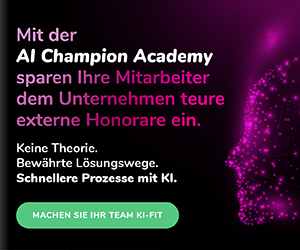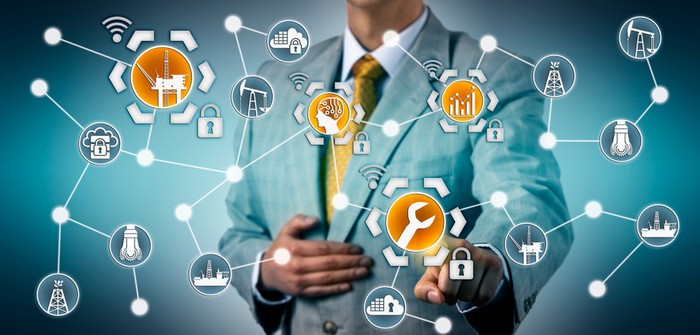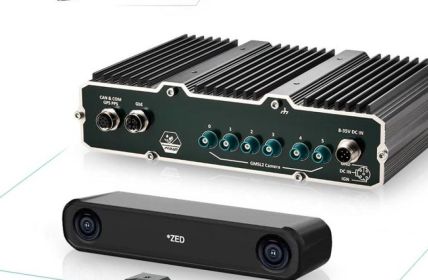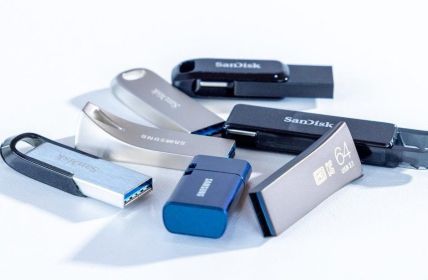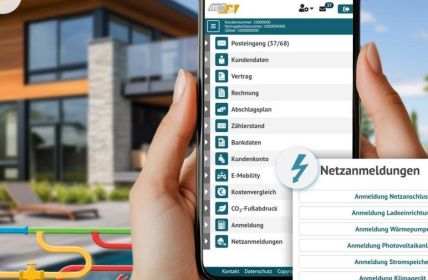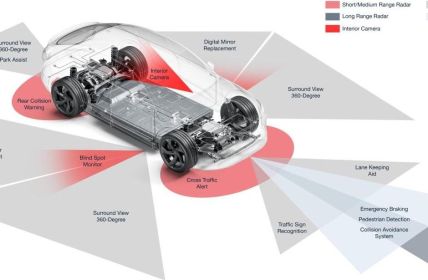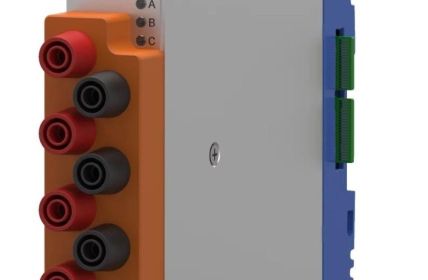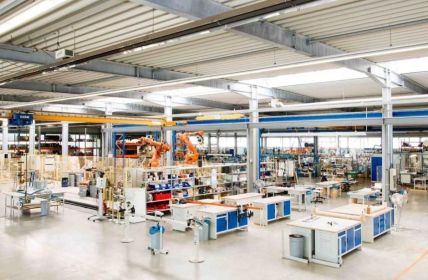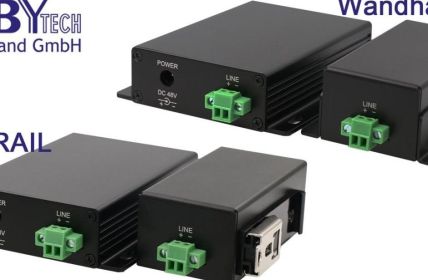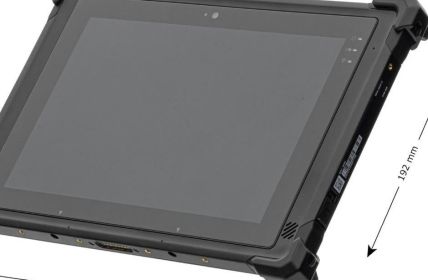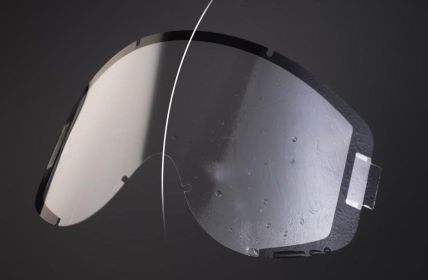IoT industry analyst Gartner has included IoT developer Eurotech in its Magic Quadrant for Industrial IoT Platforms report for the third consecutive year. The report recognizes Eurotech’s contribution to establishing the Industrial Internet of Things (IIot) as a commercial standard.
Table of Contents: What awaits you in this article
Eurotech: Everywere IoT solutions
The multinational producer of integrated software and hardware for IIot focuses strongly on the needs of its customers when designing its products. Therefore, the integration of cybersecurity and easy-to-use elements are core to its market strategy.
The supplier of edge computers and system-integrative IoT solutions offers users devices and services for AI-enabled applications and edge gateways for condition monitoring of critical assets and high-performance computing.
Gartner´s Magic Quadrant for Industrial IoT Platforms Report
With its Magic Quadrant documentations, the IT consulting company Gartner Inc. provides market research reports on technology companies and their positioning with regard to current and future market movements. It makes statements about the status of the companies studied and that of their personnel. The main focus of the analyses is on the nature of the company’s vision and its actual feasibility.
In detail, it examines whether the market participants are proactive or rather passive. In addition, the financial resources, product development, sales and customer orientation are assessed. These findings can then be used to provide guidance for managers and their employees.
IoT platforms: Standard for IoT Realization
The spread and commercialization of the Internet of Things was made possible to a large extent by the implementation of IoT platforms. They now realize the linking of IoT-capable devices and services with communication and information technology as a standard solution.
More and more smart devices are getting sensors, integrated computer modules and communication systems to be able to be connected to networks. The IoT platform coupled with these takes on the function of an operating system and enables the collection and analysis of data. This information, obtained in real time through IoT, enables users to have their devices operated, monitored and maintained in a fully automated manner.
IIoT Platforms: Maximizing profits through more efficient device use
The Industrial Internet of Things (IIoT) is borrowed from the American term and is roughly comparable with the German term for the fourth industrial revolution. This technology is used primarily in the industrial production of goods. IIoT platforms enable machine operators to add value to their existing capabilities in the form of predictive maintenance of their equipment. This predictive maintenance constantly produces data through real-time measurements that allow manufacturers to gain deep internal insights into the condition of their production equipment. Using this, not only can inefficient production forms and individual parts affected by wear and tear be identified. Foreseeable repairs can also be planned well in advance and are therefore less cost-intensive when they occur unexpectedly.
IIoT platforms: more security and quality control
Industrial IoT platforms are increasingly being used in the oil, gas and electrical industries. They can be used to contain safety and environmental problems in the extraction of fossil fuels. Deep learning processes and artificial intelligence use sensors and integrated cloud services to monitor drilling rigs, for example, and compare geological surveys of previous production with current values in order to be able to anticipate possible disruption scenarios at an early stage.
Another area of application for IIoT is in the electrical industry. Here, proactive quality control is favored above all. Here, automatic optical inspection identifies defective components on the production line fully automatically and optimizes them immediately on the spot. Or if this is not possible, the piece is immediately diverted from the entire further development. Here, too, machine learning helps to link data obtained through measurements with production indices. These in turn help to identify and avert impending quality defects in good time.
